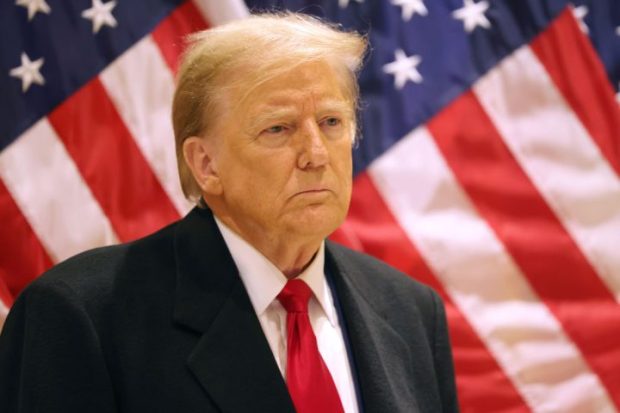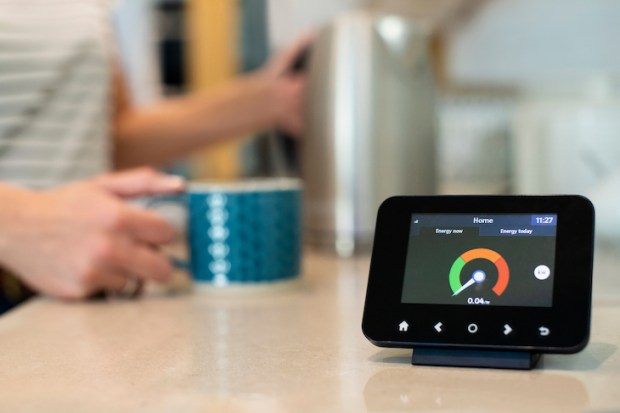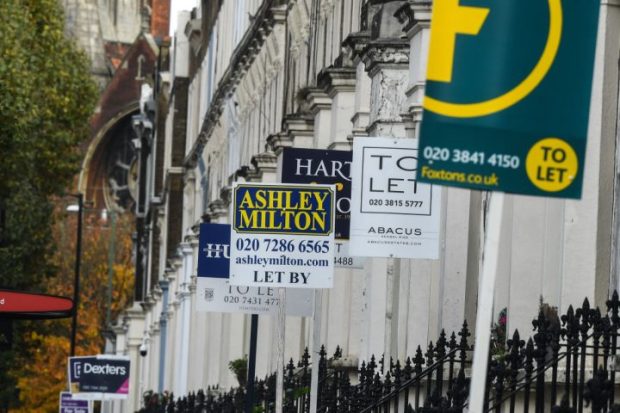The election of Donald Trump has, of course, unleashed the latent racist which lurks within millions of Americans. We know this because enlightened opinion keeps telling us so. The New Yorker, for example, ran a piece in November 2016 declaring ‘Hate on rise since Trump’s election’, and quoting a list of incidents collected by the Southern Poverty Law Center – including the experience of a girl in Colorado who was allegedly told by a white man: ‘Now that Trump is president I am going to shoot you and all the blacks I can find’. TIME magazine, too, ran a story in the same month announcing ‘Racist incidents are up since Donald Trump’s election’. In March 2017 the Nation asserted ‘Donald Trump’s rise has coincided with an explosion in hate groups’, claiming that 100 racist organizations had been founded since Trump began his presidential campaign.
And so it goes on. Just as with Britain’s vote for Brexit, Trump’s strident language and his concentration on issues such as migration is supposed to have coarsened political discourse – legitimizing racist and xenophobic opinions in people who might otherwise have been shamed into silence. By this narrative, even slightly immoderate speeches, posters and campaigns by politicians become magnified through the lens of public opinion into something much more sinister. A speech on migration, goes the theory, can all too easily erupt into bar room arguments and end with a Muslim or a black man having his head kicked in.
It sounds vaguely plausible, but is it true? Not if a new paper by a pair of sociologists at the University of Pennsylvania is anything to go by. Daniel J. Hopkins and Samantha Washington set out to measure the effect of Trump’s election on anti-black and anti-Hispanic prejudice, using a randomly-selected panel of 2,500 Americans whose changing opinions have been under study since 2008. The academics report that they had been expecting to measure a rise in racist opinions, writing: ‘The normalization of prejudice or opinion leadership both lead us to expect that expressed prejudice may have increased in this period, especially among Republicans or Trump supporters’. They had been led to expect this, they say, through an extensive reading of recent literature in social sciences which, they say, supports the notion that racist attitudes lie dormant inside many people, waiting to be triggered by certain events – of which the election of Donald Trump might be one. There could, after all, hardly be anything more calculated to awaken an incipient racist than the president calling Mexicans a bunch of rapists.
Yet the study found exactly the opposite. Americans, claim Hopkins and Washington, have actually become less inclined to express racist opinions since Donald Trump was elected. Anti-black prejudice, they found, declined by a statistically-insignificant degree between 2012 and 2016, when Trump was elected. But then after 2016 it took a sharp dive that was statistically significant. Moreover, contrary to their expectations, the fall was as evident among Republican voters as it was among Democrats. There was also a general fall in anti-Hispanic prejudice, too, although this was more evident among Democrat voters.
It is a similar story to that in Britain, where the attempt to link Brexit with rising xenophobia has been somewhat debunked. A murder of a Polish man in the town of Harlow in August 2016 was widely attributed to Brexit – but eventually declared by police not to have been a hate crime at all. Similarly, a smashed window in a Spanish restaurant in South London on the night of the Brexit vote was initially widely reported to be an expression of euphoria on the part of xenophobes – but was later revealed to be an attempted burglary.
So has Trump actually been a good thing for race relations in the US, and if so, why? The University of Pennsylvania study is a little shy on this point, but raises the theory that people have found Trump’s pronouncements on migrants, Mexicans and so on to be so reprehensible that it has inspired them to think about their own attitudes. It is possible, they write ‘that Trump’s rhetoric clarified anti-racist norms….given that the declines in prejudice appear concentrated in the period after Trump’s election, it seems quite plausible that it was not simply Trump’s rhetoric but also his accession to the presidency that pushed public opinion in the opposite direction’.
Well, maybe. It might be added that the election of Barack Obama also caught liberal opinion unawares. That event, it might be recalled, was supposed to be the breakthrough which led to a kinder, gentler America. Instead it seemed to be followed by a more fractious period in race relations, culminating in race riots in Ferguson, Mo., in 2014. Maybe social science has got it the wrong way round: it was the sight of a mixed race man in the White House who brought out in the inner racist in Americans who are inclined towards those feelings, while the reassuring sight of white man back in the Oval Office has calmed them down.
I wish I could say I was more impressed by this kind of research, but there is something about the UPenn study which rather alarms me – and reveals prejudice of a different kind. The study revolved around two different methods for measuring racist attitudes. On the first – which is used as the basis for the findings reported above – I don’t have much argument. White respondents were asked to assess three racial groups ‘whites’, ‘blacks’ and ‘Hispanics/Latinos’ on two scales: one for their supposed work ethic and the other for their supposed trustworthiness. Anyone who says white people work hard and are trustworthy while saying black people are lazy and untrustworthy can quite reasonable be described as racist.
But Hopkins and Washington also say they used another way of measuring prejudice – and one which has been widely used by other academics. It asked a simple question: ‘whether the government should make special efforts on behalf of Black Americans or whether Black Americans should help themselves’. Over the period 2012 to 2018, the authors report, there was an overall move away from people saying that blacks should help themselves – which, they seem to suggest, marks a decline in prejudice.
Are they serious? Whether you think people should be helped by the government or whether they should help themselves is not a matter of racial prejudice – it is a matter of political belief. Conservatives tend towards a belief in self-reliance and socialists a belief in the state involving itself in people’s circumstances. It is outrageous to define the former as racists – unless they think the state should help white people but not black people.
That such a test should be used to measure supposedly racist attitudes exposes the left-wing bias and lack of rigor among academics working in the field of social sciences. Much as I would like to believe that racist attitudes have declined over the past three years I am inclined to treat any piece of research in this field with a very large pinch of salt.
See the full story of Racist incidents are down since Trump’s election. Yes, really on Spectator USA.
Got something to add? Join the discussion and comment below.
Get 10 issues for just $10
Subscribe to The Spectator Australia today for the next 10 magazine issues, plus full online access, for just $10.





















Comments
Don't miss out
Join the conversation with other Spectator Australia readers. Subscribe to leave a comment.
SUBSCRIBEAlready a subscriber? Log in